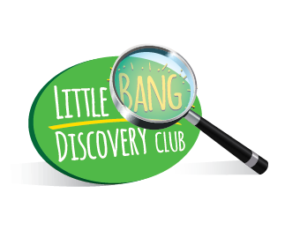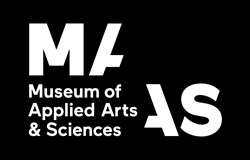When: Tuesday 13th November, 4:00pm – 5:30pm
Where: Theatre, Level 2 down the stairs to the right of the registration/foyer area
Hashtag: #T12
There is concern that a crisis of trust may be looming between society and scientists, as evidenced by the display of considerable public distrust in important issues such as climate change and childhood vaccinations. This perceived erosion of public confidence in science is one of the impetuses behind the public engagement with science movement, whereby scientists are called upon to engage in dialogues with the public to help improve public trust in science and scientists. Thanks to their built-in architecture for participation, social media have been hailed as useful tools that scientists can use to engage directly with the public. Despite the growing interest in social media to communicate science, evidence for the effectiveness of social media in influencing public attitudes towards science is scant. This study addresses two overarching research questions: (1) does communicating with scientists on social media have any effects on public trust in science and scientists? and (2) what are the factors that affect audience engagement and trust in science?
More than 500,000 space science-related social media messages were collected. The main method used is machine learning, demonstrating the feasibility of automated methods in science communication research. Results indicate that communicating with space scientists on social media causes a boost in trust in science and scientists. Further, results also suggest that the factors associated with audience engagement (e.g., retweets, likes) and trust in science are very different: visual elements stimulate audience engagement, while similarity is the biggest determinant of trust. Authenticity is the only feature that impacts both engagement and trust. This suggests that science audiences like and trust messages that are personal, honest, and genuine. The world increasingly needs scientists to also be advocates of science. The findings of this study represent concrete evidence that could help guide social media science communication efforts.
Session
Evidence-based scicom: Research exploring new and social media
Presenter
Yi-Ling Hwong, Post-doctoral research associate, Climate Change Research Centre, UNSW
Co-Author
Dr Carol Oliver, Senior Research Fellow, University of New South Wales
